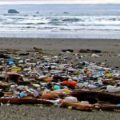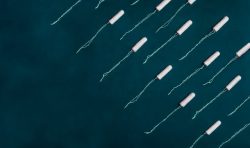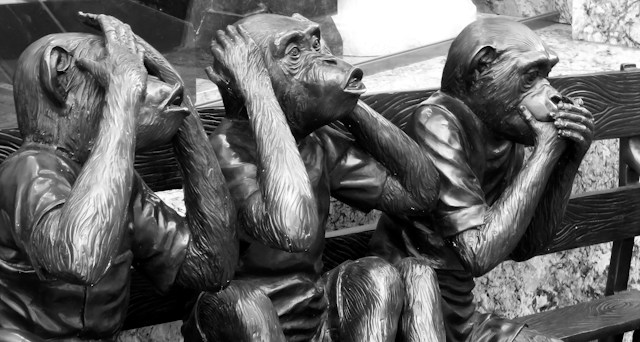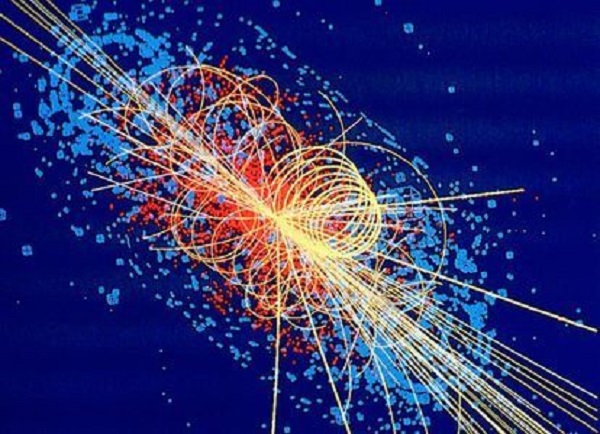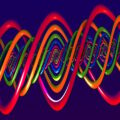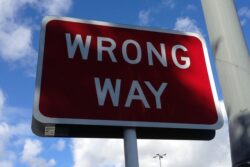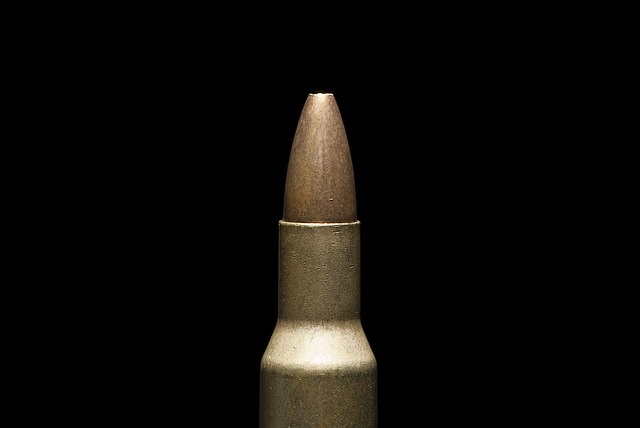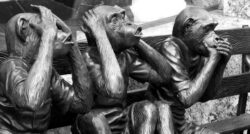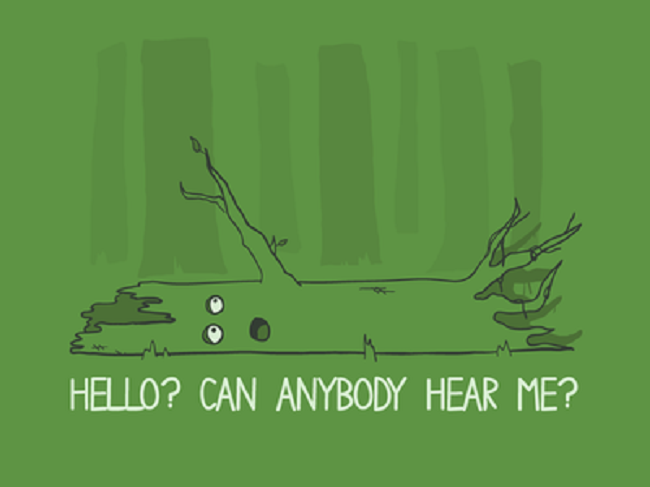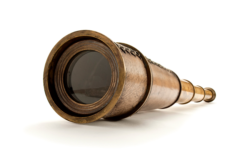What if there is no future? We have always assumed that there would be a future, that somehow no matter what we did to ourselves or to the environment, life would go on. What if we were wrong? What if the very actions we embrace to prolong life, the technologies and conveniences that make modern living palatable, actually shorten it and shorten not just our lives, but life in general. What if the possibility of future life is not automatic but something that demands active consideration lest it disappear completely?
I had never thought about the possibility that a future might not exist. Sure, I recognized that I would not exist at some point, but I never considered the possibility of the death of humanity, until recently. Now, it seems as though it is everything I can do not to think about it. The magnitude of the environmental crisis that we face is compounded daily by the inability of contemporary leaders and thinkers to frame the crisis in a way that might allow us to address it. If we think about these toxicants, honestly think about them, it is difficult not to wonder how we did not know that all of the chemicals that we dump into the environment and into our bodies would lead to a poisoned environment and poisoned bodies. Seriously, what did we think would happen when we release poisons into the environment daily, year in and year out? Did we think they would somehow magically be absorbed and detoxified by the environment, and thus, effectively disappear? I believe we did and many still do.
I know that until I began the work here, I never gave this notion much thought. I, like most of us, embraced synthetic chemistry and all of the cool things we could concoct and manipulate. It was not until I began seriously investigating the mechanisms of these chemicals, outside the confines of academia, that I began to question the rationale behind these conveniences. I was taught that the dose makes the poison. This suggests that so long as the dose is low enough and administered in a controlled fashion that we can control the outcomes. In reality, however, the poison makes the poison. Small doses are just as deadly as large doses, the only difference is the time scale of the reaction. The body recognizes these poisons and adapts accordingly; so too does the environment. We simply cannot see those reactions until they reach a critical threshold and even then we have to be willing ‘see’ what is before us.
Let us consider glyphosate, which among its many deleterious effects on health, is a potent endocrine disruptor. That is, glyphosate overrides endogenous hormones systems in the organism exposed to the chemical. Per the Environmental Protection Agency’s (EPA) safety standards the maximal ‘safe’ exposure of glyphosate is 2 milligrams per kilogram of body weight or about 140 milligrams per day for a 70kg/154lb adult, which on the surface, seems like a minute amount and too small to worry about, but is it? If we buy the dose makes the poison approach, then we need not worry, but if we evaluate the chemistry and the math a little more closely, then an entirely different picture emerges.
Synthetic hormones, endocrine disrupting chemicals, exert influence in the body at staggeringly low dosages. A well-known researcher in the field of chemical endocrine disruptors describes this aptly.
“The issue of the amount of hormone that actually causes effects is very difficult for scientists to talk to people about because we’re dealing with numbers that are outside of the frame of reference that anybody is going to be thinking about. We see changes, profound changes, in the course of development of essentially the whole body of experimental animals, and we’re working with mice and rats, and we see these changes at fifty femtograms [a femtogram equals a quadrillionith of a gram] of the hormone per milliliter of blood. That’s 0.05 trillionths of a gram of this hormone in a milliliter of blood.
But what you have is the entire field of toxicology thinking of a millionth of a gram of a hormone or a chemical as being this staggeringly tiny amount, and to most people if I said there’s only a millionth of a gram of it here you’d say, ‘How can it do anything?’ A millionth of a gram of estradiol in blood is toxic. The natural hormone is actually operating at something like a hundred million times lower than that. So when you have a physiologist thinking of a millionth of a gram, you have that physiologist thinking this is a toxic high dose. When you are raised in the field of toxicology you are looking at that from the other perspective of ‘My gosh, that’s such a tiny dose, it couldn’t do anything.’” – Fredrick Vom Saal, PhD
If we thought 2 milligrams per kilogram was a small enough dose to be considered safe, how do we even conceptualize something that operates in femtograms per milliliter of blood, especially when 1 milligram = a trillion femtograms? That amount is inconceivably small, and quite literally, beyond comprehension, and yet, that is all it takes to disrupt hormone systems and cause illness; hormone systems that control not only reproductive capacity for the exposed individual but also affect the outcomes and health of the offspring across multiple generations. These chemicals directly affect the possibility of a future. One has to wonder if this is all it takes to disrupt critical hormone systems, what happens when we blanket the environment with tonnes of chemicals like we have done over the last 50 years or so.
Returning to glyphosate for a moment, as of 2014, over 826 million kilograms/1.8 billion pounds were used worldwide; a 12 fold increase since 1995. That is staggering amount of chemical exposure, and yet, it is just one of thousands of chemicals we are exposed to daily. Just one. There are currently over 83,000 different chemical entities being ‘monitored’ by the EPA. So, on the one hand, we have standards for safety that only partially recognize the dangers of small exposures (kg/mg) but are yet ineffective inasmuch as they are still several magnitudes greater than the dosages where the damage begins. On the other hand, however, none of this matters because the economic drivers push exposures well above those minimal safety standards and what any reasonable person would consider safe. And finally, neither the toxicology, nor the ethics consider what the cumulative body and environmental burden is with regular exposures to thousands of chemicals daily.
This brings me back to my original question, what if the possibility of the future is something that we should have been protecting all along? What if it isn’t a given? Shouldn’t there be some discussion of the ethical implications of using chemicals that damage not only the current generation but subsequent generations? Even if we ignore the chemistry or plead ignorance to the mechanisms of transgenerational effects, shouldn’t we at least consider whether it is ethical to release chemicals into the environment and into our bodies that potentially pose risks to future generations? Those who come after us inherit the world we have left. Shouldn’t we consider their health and the health of the environment that we leave to them? I think we should. Indeed, I think this ought to be part of any discussion of safety. It is not; partly by choice and partly because we have bought into this notion that the dose makes the poison and ignored the fact that the poison is the poison. We have eliminated the poisonousness of the chemical from the equation and out of any cogent discussion of danger. This allows us to proceed as if we have everything under control, as if we can recognize and mitigate any and all dangers that a particular chemical poses. This allows us to ignore the prospect that current actions influence future health and well-being. This allows us to reap the rewards of our technological prowess now and kick the costs of our ignorance down the road. Where are the ethics in this?
We Need Your Help
More people than ever are reading Hormones Matter, a testament to the need for independent voices in health and medicine. We are not funded and accept limited advertising. Unlike many health sites, we don’t force you to purchase a subscription. We believe health information should be open to all. If you read Hormones Matter, like it, please help support it. Contribute now.
Yes, I would like to support Hormones Matter.
Image: Dicklyon, CC BY-SA 4.0 <https://creativecommons.org/licenses/by-sa/4.0>, via Wikimedia Commons
This was published originally on March 7, 2019.



